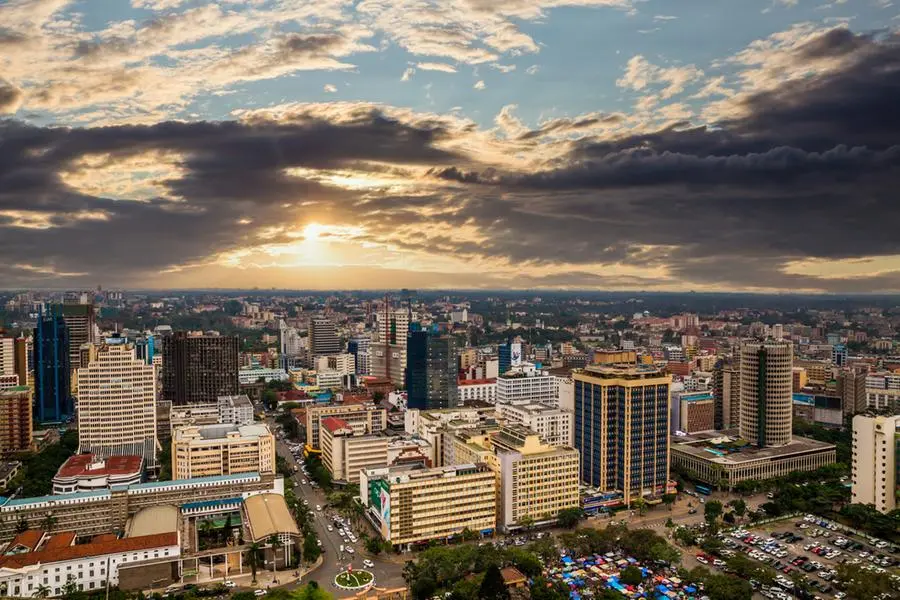Facebook Twitter (X) Instagram Somali Magazine - People's Magazine
Pan-African payment system is bearing fruit, according to financial experts and regional economists who say the initiative is transforming intra-African trade by slashing transaction costs, eliminating currency barriers, and accelerating settlement times. The Pan-African Payment and Settlement System (PAPSS), launched by Afreximbank in partnership with the African Union, is now operational in 16 countries and connected to over 150 banks, ushering in a new era of financial integration across the continent.
Designed to facilitate real-time payments in local currencies, PAPSS eliminates the need for third-party currencies like the US dollar or euro, which have long dominated African trade. Before PAPSS, cross-border transactions could take days and incur fees of up to 30% due to currency conversions and intermediary banks. Now, payments are settled in minutes, with costs reduced to as low as 1%, unlocking billions in annual savings for African businesses.
“This is not just a technical innovation—it’s a fundamental shift,” said PAPSS CEO Mike Ogbalu. “We’ve created a currency marketplace that allows African countries to trade directly, without relying on external currencies that often hold our economies hostage.”
The system’s blockchain-powered infrastructure has already proven effective in reducing delays and improving liquidity. Central banks from Nigeria, Ghana, Kenya, Djibouti, Zambia, and others have integrated into the network, while commercial banks like Ecobank, KCB, and Zenith Bank are actively processing transactions.
Experts say the system is especially beneficial for small and medium-sized enterprises (SMEs), which previously struggled with high transaction costs and limited access to foreign exchange. By enabling payments in local currencies, PAPSS levels the playing field and supports the African Continental Free Trade Area (AfCFTA) by making regional trade more accessible and affordable.

Dr. Yemi Kale, chief economist at Afreximbank, acknowledged that adoption has been gradual but steady. “When you’re replacing a decades-old system, it takes time. But we’re seeing real market use cases, and the momentum is building,” she said. Kale added that the shift away from dollar dominance is not just economic—it’s strategic. “Even global powers like China are moving in this direction. For Africa, this is the right time to assert financial sovereignty.”
Airlines, telecoms, and insurers have been among the first to embrace the system, particularly in countries where currency repatriation has been a persistent challenge. Over $2 billion in airline revenues are currently trapped in African countries due to dollar shortages. PAPSS offers a solution by allowing these funds to be moved in local currencies, bypassing the need for scarce foreign reserves.
The system’s success has also inspired the launch of PAPSSCARD, a pan-African card scheme that enables retail payments across borders. Developed in collaboration with Mercury Payment Services, the card is expected to further democratize access to digital payments and reduce reliance on global card networks.
Despite its achievements, PAPSS still faces hurdles. Regulatory harmonization, infrastructure upgrades, and awareness campaigns are needed to ensure widespread adoption. But with strong backing from central banks and regional blocs, the outlook is promising.
As Africa pushes toward Agenda 2063 and deeper economic integration, PAPSS is emerging as a cornerstone of the continent’s financial future. By reducing dependency on foreign currencies and empowering local businesses, the system is not only bearing fruit—it’s planting the seeds for a more resilient and self-reliant Africa.

